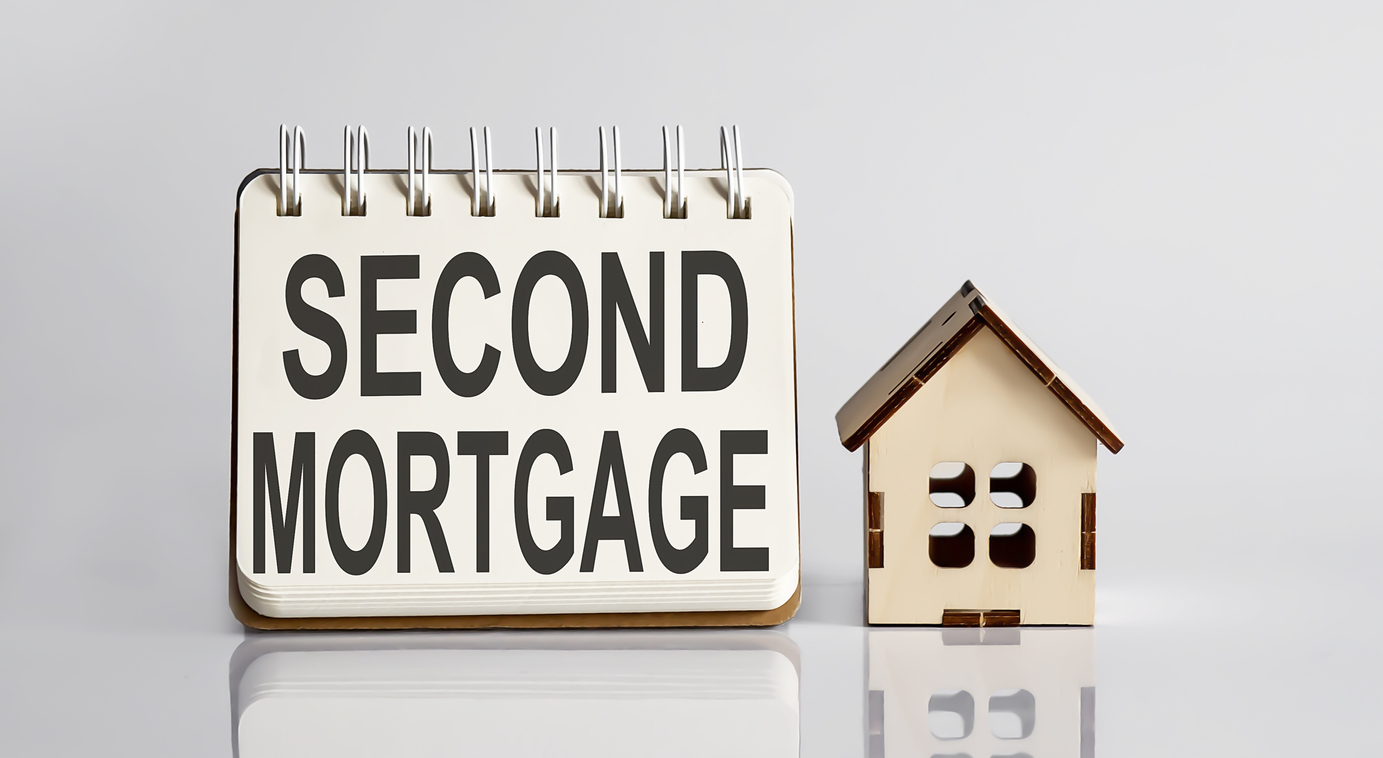Common Questions About Second Mortgages
Common questions about second mortgages
Choosing whether to get a second mortgage is a big decision. Many of the same questions come up repeatedly, so let’s unpick some common second mortgage questions so you can make an informed choice.
Should I get a second mortgage?
Depending on your circumstances, a second mortgage could be a good solution.
To be considered for a second mortgage, second charge, secured loan, homeowner loan, or home equity loan, as they are also known, you need to already have a mortgage secured against the property you are offering as security.
Most second mortgages are secured against someone's primary residence; however, some lenders offer second mortgages on buy-to-let properties.
Is taking out a second mortgage hard?
Plenty of qualified mortgage brokers can assist you in making the process of taking out a second mortgage as easy as possible. They will understand the pros and cons of this type of lending and the benefits of second mortgages.
When looking for a mortgage broker, ensure they are regulated and authorised by the Financial Conduct Authority (FCA). You may need to look for a broker familiar with specialist finance, as not all brokers are experienced and knowledgeable in second mortgages.
Brokers will have relationships with significant second-charge lenders and access to dedicated sourcing software when looking for the best product for their clients. The software has filters to allow you to see the best fixed-rate mortgage or variable-rate mortgage.
Once your product has been sourced, your broker will provide you with an illustration showing important information, including:
-
The loan amount
-
The interest rate
-
If the product is fixed or variable
-
The term of the mortgage
-
All fees
-
Any early redemption clauses, which are sometimes referred to as closing costs.
If you want to proceed with the loan product recommended by your broker, they will ask you to provide several items, including your most recent wage slips, proof of address, proof of residency, and other items.
Depending on the lender and/or the amount you want to borrow will depend on whether the lender will accept an automated valuation or request an internal valuation to be instructed. You could have the application completed as much as three weeks quicker if an automated valuation is acceptable.
A good way of getting a property value check is to use an online company such as Zoopla. This gives you an idea of the value of your property almost instantly.
Another part of the process is to establish if your current lender needs to give their permission for a second mortgage to be taken out on your property. This is found on the office copies obtained from the land registry. If their consent is required, the second charge lender must write to your mortgage lender to get permission, which can take around ten working days to obtain.
Once the lender has all the requested items, they will check the application and pass it to the completion team. Upon completion, the funds are usually paid directly into your bank account. If part or all of the loan is used for debt consolidation, the lender will forward funds to the credit card/loan companies you are paying off.
Your first repayment is usually due one month after the completion date.

What are the benefits of taking out a second mortgage?
Depending on your circumstances, there can be various benefits to taking out a second-charge mortgage. However, you must remember that you are offering your property to a lender as security with a second mortgage. If you cannot keep up repayments, you may lose your home.
Some of the benefits include:
-
Reducing your outgoings by consolidating your current loans and credit cards. This is usually achieved by borrowing an amount to pay off your existing debt and repaying it over a more extended period (say 20 years). While this immediately reduces your monthly outgoings, you must remember that you are converting unsecured debt into secured debt and may lose your home if you cannot afford the new loan.
Also, you will pay back much more interest if you keep the new loan for the entire term.
-
Avoiding early redemption charges (ERCs) on your original mortgage. While a remortgage is an option to consider when raising finances, there may be better options if you have to pay an early repayment charge on your current mortgage.
Charges vary but could be two or three percent of the outstanding balance, meaning that if you are repaying a £400,000 mortgage, you may have to pay a charge of £8,000 or £12,000.
-
Keeping your existing competitively priced mortgage. If you are raising finances but have had a credit problem since you took out your mortgage, the chances are you will have a much higher interest rate to pay on a new mortgage. In this scenario, keep your existing mortgage and take out a second mortgage to raise an additional lump sum.
Once your credit rating is repaired, you could look to remortgage and get a competitive rate while paying off the second mortgage.
Every application needs to be considered on its merits. When looking to raise finance, we recommend using the services of a qualified mortgage broker. They can look at all the options, including personal loans, a 2nd mortgage, a further advance with your current lender, or a remortgage.
Can I still get a mortgage if I have a low credit score?
You should be able to get a mortgage with a low credit score. However, you need to consider some points:
-
A low credit score can result from missing credit cards or loan repayments. Missed payments may result in a default or county court judgment (CCJ) being registered against you, considerably reducing your credit score. However, a low credit score typically results in you paying a high interest rate. This applies to unsecured loans, guarantor loans, second mortgages, and mortgages to purchase a property.
-
To purchase a property with a low credit score, you must put a larger deposit down, resulting in less risk to a lender.
-
If you have a low credit score, you may want to wait until your credit rating has improved before you apply for any type of finance. This applies if the money you want to raise is optional for any purpose. For example, borrowing money at a high interest rate would appear irresponsible to go on holiday or carry out non-essential home improvements.
If you apply for a second mortgage, you must remember that you are using equity in your home as security and could lose your home if you do not keep up repayments.
If you feel unable to afford the repayments on your second mortgage, you should immediately approach the lender to discuss the issue. They are likely to be more sympathetic towards you if you have approached them before they contact you following a missed repayment.
If you have any questions about second mortgages, contact our expert team today.

